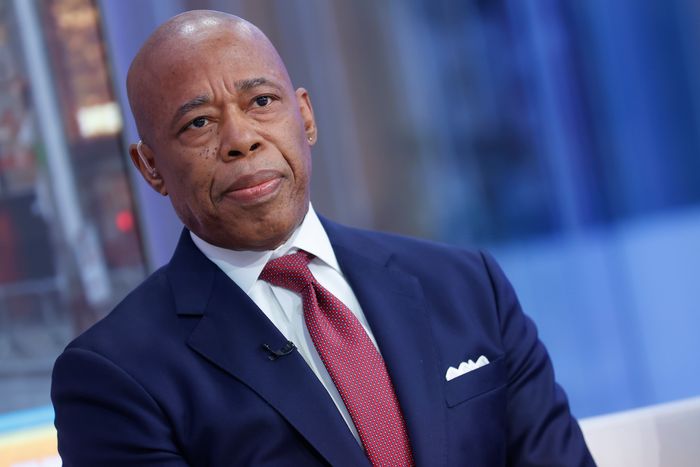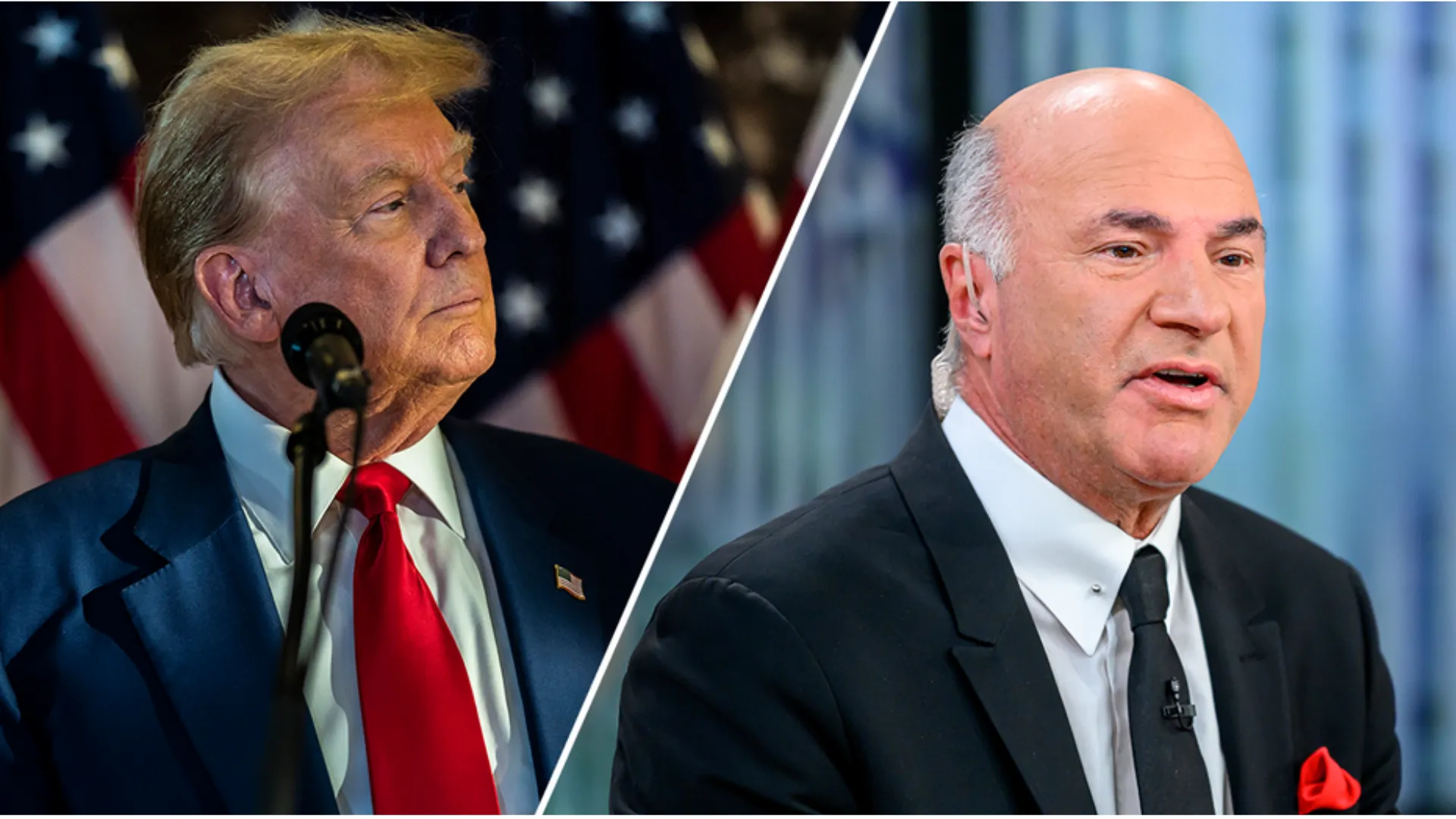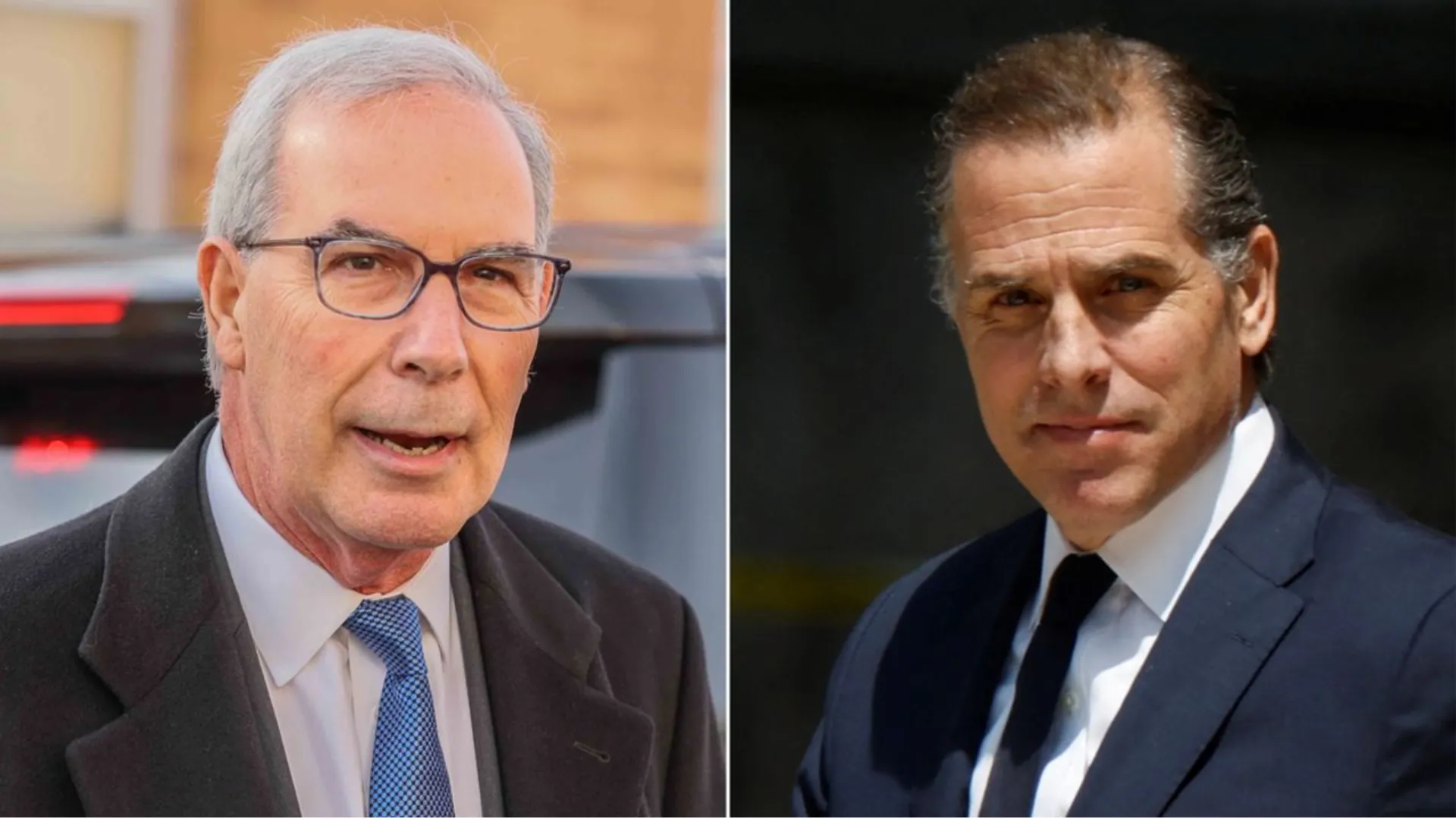
The Department of Justice (DOJ) has formally requested that a federal district court dismiss its corruption case against New York City Mayor Eric Adams, following a wave of resignations from federal prosecutors in Manhattan who refused to drop the charges.
The motion, filed on Friday in the U.S. District Court for the Southern District of New York (SDNY), marks the latest twist in a high-profile legal battle that has drawn national attention.
“The United States respectfully submits this motion seeking dismissal without prejudice of the charges in this case, with leave of the Court,” DOJ officials wrote in a notice to Judge Dale Ho.
The request follows an earlier announcement by Attorney General Pam Bondi, who confirmed on Friday morning that the corruption case against Adams was set to be dismissed later in the day. “Yes, Martha, I’m on a different time zone, but it’s my understanding it is being dismissed today,” Bondi told Fox News host Martha MacCallum.
The decision to drop the charges has been met with controversy, particularly after the acting Deputy Attorney General Emil Bove acknowledged that federal prosecutors had done nothing wrong in bringing the case against Adams.
In a Friday filing, DOJ officials reiterated concerns raised in an earlier directive instructing prosecutors to dismiss the charges, arguing that proceeding with the case would “interfere with the defendant’s ability to govern in New York City, which poses unacceptable threats to public safety, national security, and related federal immigration initiatives and policies.”
Bove informed prosecutors on Monday that the case against Adams “improperly interfered” with his reelection campaign and restricted his ability to address “illegal immigration and violent crime” in the city.
This DOJ directive sparked a series of resignations within the SDNY office, including that of interim U.S. Attorney Danielle Sassoon, whose decision to step down on Thursday was praised by Democratic leaders.
In a letter to Bondi on Wednesday, Sassoon criticized the move to drop the charges, calling it “an improper offer of immigration enforcement assistance in exchange for a dismissal of his case.”
She accused the DOJ of prioritizing political considerations over legal integrity, writing, “Although Mr. Bove disclaimed any intention to exchange leniency in this case for Adams’s assistance in enforcing federal law, that is the nature of the bargain laid bare in Mr. Bove’s memo.”
Adams was indicted in September on five counts related to allegations that he had accepted and sought “improper valuable benefits” from businessmen and at least one government official from Turkey.
Federal prosecutors accused him of engaging in unethical dealings, raising concerns about corruption within his administration.
Throughout the legal battle, Adams has fiercely denied any wrongdoing, claiming that the charges were politically motivated due to his public criticism of the Biden administration’s handling of immigration.

His legal team argued that the indictment was a direct response to his calls for stronger federal support in managing the surge of migrants arriving in New York City.
With the case now set for dismissal, Adams has sought to reassure the public and restore confidence in his leadership. “I understand that trust is something that must be earned, and I will continue working to regain the faith of my constituents,” he said.
He also praised the DOJ for what he called its “honesty” in ultimately deciding to drop the charges.
Despite the case’s dismissal, the controversy surrounding it is unlikely to fade soon. Critics argue that the DOJ’s handling of the case raises concerns about political influence in federal prosecutions, particularly in cases involving high-profile elected officials.
The resignations of prosecutors from the SDNY office further fuel suspicions that the decision to drop the charges was driven by political pressure rather than legal considerations.
Republicans have seized on the controversy, with some calling for an independent review of the DOJ’s decision-making process.
“If federal prosecutors believed there was enough evidence to indict Adams, why are we suddenly seeing a reversal?” one GOP lawmaker asked. “This only raises more questions about the integrity of the justice system.”
Meanwhile, Adams’s allies have framed the case’s dismissal as a vindication, arguing that the charges were baseless from the start.
Some Democratic leaders have pointed to the resignations within SDNY as evidence of prosecutorial overreach, suggesting that Adams was unfairly targeted due to his criticisms of federal immigration policies.
As Adams looks to move past the legal battle, his administration still faces challenges, particularly regarding New York City’s ongoing migrant crisis and efforts to address rising crime rates.
The controversy over his indictment and subsequent exoneration is expected to remain a point of contention in the city’s political landscape, with opponents likely to use it against him in future electoral battles.
The fallout from the case will also have broader implications for the DOJ, which now faces scrutiny over whether political considerations played a role in its handling of the Adams indictment.
With calls for greater transparency growing louder, the department may soon find itself under pressure to justify its actions and restore confidence in the impartiality of federal prosecutions.
For now, Adams can claim victory in his legal battle, but the broader political ramifications of the case are far from settled.

Whether the controversy will fade or resurface in future investigations remains to be seen, but one thing is clear: the intersection of law and politics continues to shape the national conversation in unpredictable ways.




